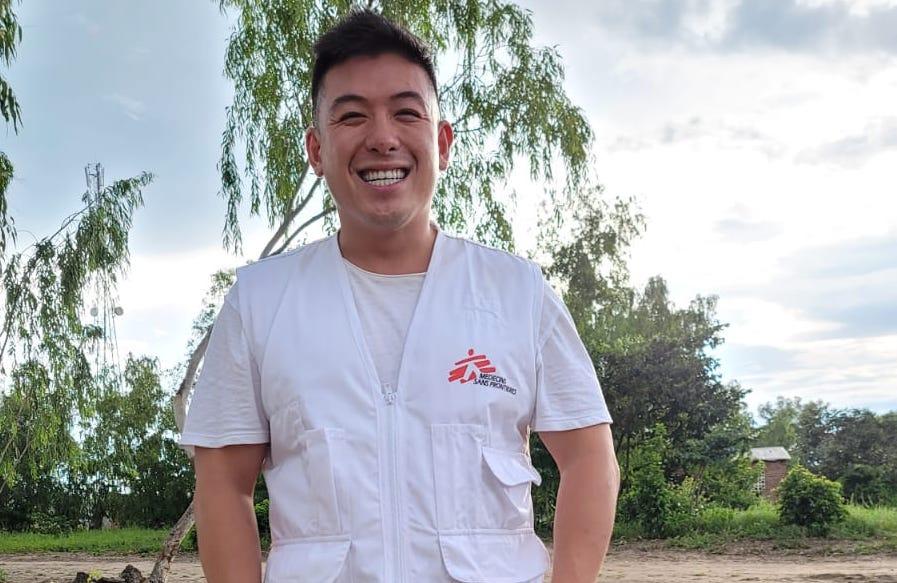As Somalia faces a severe drought and ongoing conflict, children of all ages have become increasingly vulnerable to contracting – and dying from – measles. Although the disease is entirely preventable, measles outbreaks of varying severity have become widespread across the country. MSF epidemiologist Douglas Lau explains how we can curb the endemic disease.
What is measles?
“Measles is a very infectious viral disease that can be easily transmitted through inhalation of respiratory droplets from infected individuals.”
What are the symptoms?
“Common symptoms of measles include fever, rash, red eyes (conjunctivitis), cough and a runny nose. Complications can include diarrhoea and dehydration, pneumonia, encephalitis, blindness and death. Treatment for measles is supportive in nature and involves managing any complications that occur.”
Who is the most affected by measles and why?
“Anyone who has not been vaccinated or previously infected with measles disease is susceptible. Malnourished children often experience more severe symptoms, while people without access to healthcare face a significantly higher risk of complications and death.”
Is measles preventable and treatable?
“Measles is absolutely preventable through vaccination. The measles vaccine includes two doses and is recommended as part of the World Health Organization’s expanded programme on immunisation. Protection following a two-shot regimen of measles vaccine is more than 95 per cent effective at preventing the disease and the duration of this protective effect is lifelong.
For measles patients, timely presentation to a health facility can significantly reduce the risk of complications and/or death. Case fatality rates for measles among patients in ideal clinical settings should be far below 1 per cent.”
How common is measles in Somalia?
“Measles is endemic in Somalia. Over the past few years, outbreaks have occurred across all parts of the country.
Case fatality rates in the Somalia context can be much higher than 1 per cent, depending on the outbreak and the population in question. For instance, results from an MSF-run household survey on measles in the city of Kismayo found that 13 per cent of all measles patients under five years old from families who had been displaced from their homes ultimately died from the disease. This extreme discrepancy in death rates underscores the need for increased attention to measles prevention and treatment.”
Is the measles vaccine widely available in Somalia?
“The measles vaccine is accessed through routine health facility visits or through door-to-door mass vaccination campaigns that often target particular population groups, such as displaced people.”
What should be done to tackle measles in Somalia?
“One key message is to reinforce the idea that measles is far from a harmless disease. Without timely treatment in a health facility, measles can leave patients with life-altering complications or even death. The best way to defend against this disease is to make sure that you and your family are vaccinated. It is also very important to seek medical care if you or your loved ones develop symptoms.”
MSF is supporting the Somali Ministry of Health in conducting outbreak investigations and longer-term operational research. MSF has also helped carry out mass vaccination campaigns, health education and case management. Since 2021, MSF teams in Somalia have treated more than 7,700 people for measles, most of them children.
